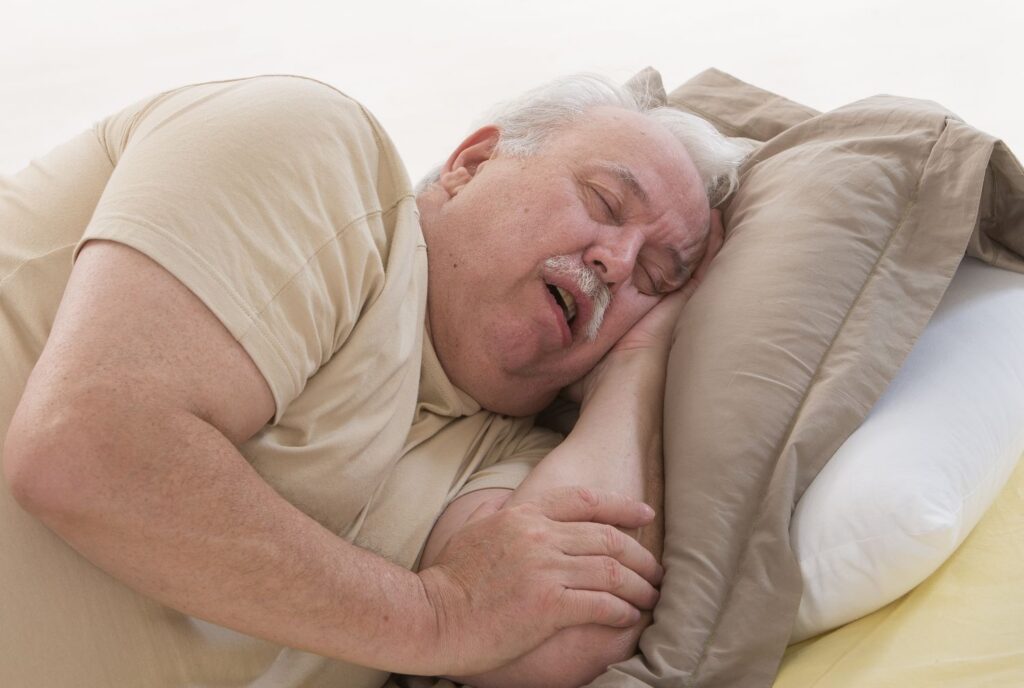06/04/2024
06/04/2024

NEW YORK, April 6: A recent study suggests that individuals classified as obese may experience reduced effectiveness of a nerve-stimulation treatment for sleep apnea, which has gained popularity as an alternative to traditional therapies. The research, conducted by Dr. Eric Landsness, an assistant professor of neurology at the Washington University School of Medicine in St. Louis, sheds light on the impact of obesity on the outcomes of this innovative treatment.
The treatment in question, known as hypoglossal nerve stimulation, has seen increasing adoption since its initial approval in 2014 for sleep apnea patients within healthy weight ranges. However, recent extensions of approval to patients with Body Mass Index (BMI) up to 40, classified as severely obese, prompted investigations into its efficacy across different weight categories.
The study, published in the journal JAMA Otolaryngology-Head & Neck Surgery on April 4, 2024, examined 78 participants with BMIs up to 35 who received the device between 2019 and 2023. While the treatment exhibited overall effectiveness, with three-quarters of patients experiencing significant improvement in sleep apnea symptoms, the research highlighted notable disparities based on BMI.
Individuals with BMIs ranging from 32 to 35 demonstrated lower rates of improvement compared to those with lower BMIs. Dr. Landsness emphasized a nearly linear relationship between BMI and treatment success, revealing a decrease of approximately 17% in the odds of successful treatment for every unit increase in BMI beyond 32.
Hypoglossal nerve stimulation involves the implantation of a small device above the ribs, which delivers electrical impulses to the hypoglossal nerve responsible for controlling tongue muscles during sleep. This mechanism aims to prevent airway blockages, a hallmark of sleep apnea, by facilitating normal breathing patterns.
The therapy presents an appealing alternative to the conventional Continuous Positive Airway Pressure (CPAP) machines, which, although effective, are often perceived as uncomfortable and cumbersome, leading to discontinuation among many users.
Despite its potential benefits, the study underscores the importance of considering BMI as a determining factor in the efficacy of hypoglossal nerve stimulation. Dr. Landsness stressed the need for informed decision-making, particularly among overweight individuals considering this treatment as a viable option.
While the device manufactured by Inspire Medical Systems is the sole FDA-approved hypoglossal nerve stimulator in the United States, accessibility remains a concern due to associated costs and the time required for optimal effectiveness. Dr. Landsness cautioned against recommending the treatment without careful consideration of BMI-related factors that may impact its utility for individual patients.


